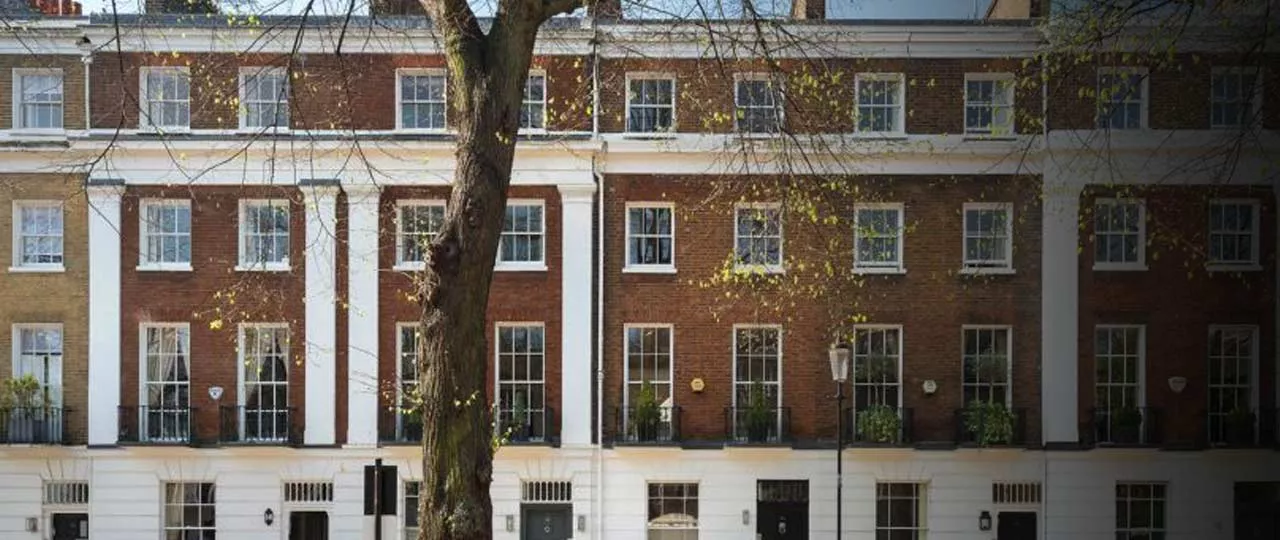
Vanessa Hale
Director, Research


Director, Research

There have been several key events in UK politics recently. Most notably, Prime Minister Theresa May activated Article 50 starting the process of the UK exiting the EU. Additionally, she has called for a General Election to be held on 8th June 2017 which has been approved by MPs, continuing political upheaval over the short term.
Looking throughout Western Europe there are signs of discontent amongst the working and middle classes. Resulting in a rejection of constitutional reform in Italy, rising popularity for right wing parties in Austria and Germany and the increasing support for both far right and hard-left candidates in France.
Throughout 2017 there are several election dates abroad that may impact upon the market. Although they may not directly affect the domestic UK market they will indicate the direction of world politics and which the world economy may take, having potential knock on impacts in the UK. The outcomes of these elections are likely to have an impact upon Brexit negotiations.
Despite uncertainty, the UK economic fundamentals appear to be broadly positive, albeit with some caution. The ONS estimates that around 2.0% GDP growth was achieved in 2016. This was slightly less than the 2.2% increase predicted by the IMF at the start of 2016 but nevertheless considerably more positive than many expected following the EU Referendum.
The OBR predicts an outlook of 2.0% for economic growth in the UK in 2017. Her Majesty’s Treasury (HMT) publishes views from several independent forecasters and the consensus is for GDP to grow by 1.7% during 2017.
However, the range of opinions goes from 1.1% to 2.6% and is still relativelylarge. That said the spread is substantially less than the previous HMT estimates which ranged from -1.3% to 2.5%. Most commentators are now not expecting a recession or a significant slowdown during 2017.
The British Chamber of Commerce’s Quarterly Economic Survey for Q1 2017 reports solid growth and generally good business confidence. The optimism is cautious, however, with inflation and rising business costs (such as apprenticeship levy, business rates and living wage) identified as risks which may squeeze prices in the future.
The Consumer Price Index (CPI) growth had been low throughout 2016, however by November it was 1.2% and has increased in 2017. Inflation is now at 2.2%, slightly above the Bank of England’s target rate of 2.0%. However, the Bank of England, after cutting the UK base rate to 0.25%, has stated it will tolerate some inflation over the short-medium term. In terms of retail sales,since February 2016 the quantity bought has decreased by 1.9%, the amount spent decreased by 0.7% and average store price increased by 1.2%.
Despite a brief slump in the wake of Brexit, the FTSE 100 was on an upward trend during 2016, finishing the year with growth of almost 20%. Since the turn of the year the FTSE 100 has grown by circa 4.0%.